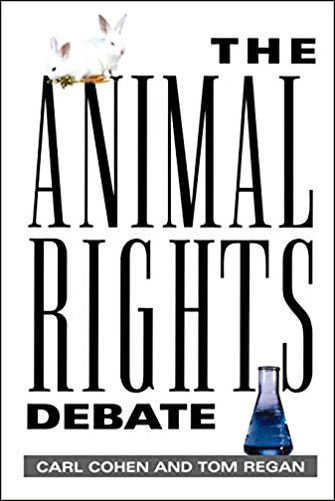 The Animal Rights Debate
The Animal Rights Debate
By Tom Regan & Carl Cohen, 2001
Tom Regan is without doubt the world's greatest defender of the rights of animals. Carl Cohen is one of Regan's notable critics. Here, between the pages of a single volume, are important new contributions from each of these authors. The resulting text is required reading for everyone interested in this critical issue. (Gary Comstock, Iowa State University)
The book would make an ideal main text in a seminar on animals, ethics, and science for advanced undergraduate or graduate students in philosophy, biological sciences, experimental psychology, or the health-professions, including veterinary sciences. (Journal Of The American Psychoanalytic Association)
A tour de force of brilliant debate. No other 'seeing the issues from both sides' book comes close to this one in the sustained power of argumentation and in its thorough canvassing of the issues surrounding everything that might be said about the ethical treatment of animals. Quite simply, the best book of its kind. (Sidney Gendin, Eastern Michigan University)
The two [Regan and Cohen] argue vigorously and write clearly, producing an engaging, accessible book. (Ethics)

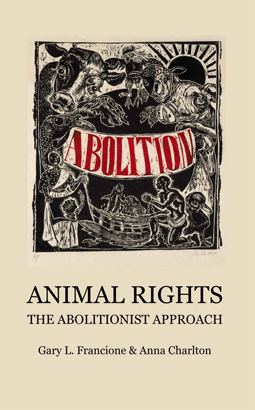 Animal Rights
Animal Rights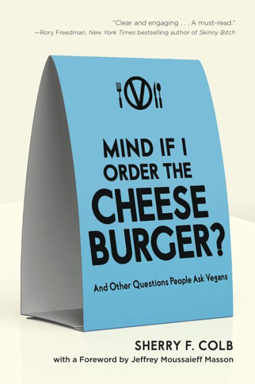 Mind if I Order the Cheeseburger?
Mind if I Order the Cheeseburger?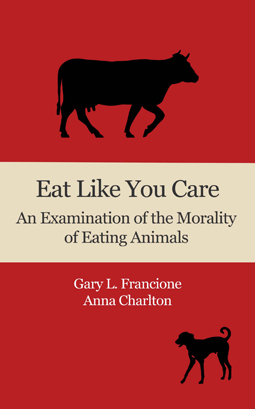 Eat Like You Care
Eat Like You Care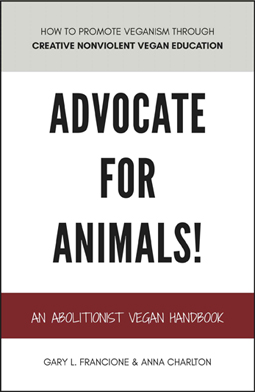 Advocate for Animals
Advocate for Animals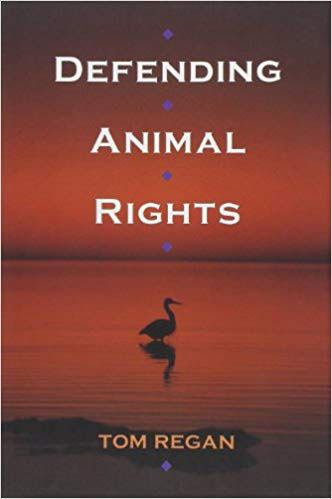 Defending Animal Rights
Defending Animal Rights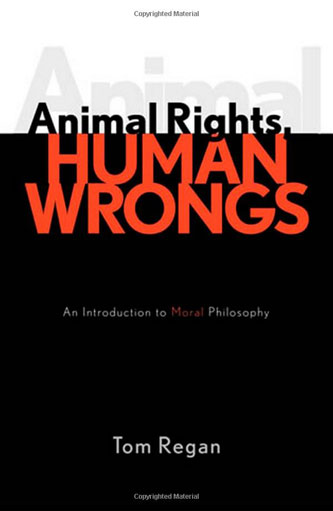 Animal Rights, Human Wrongs
Animal Rights, Human Wrongs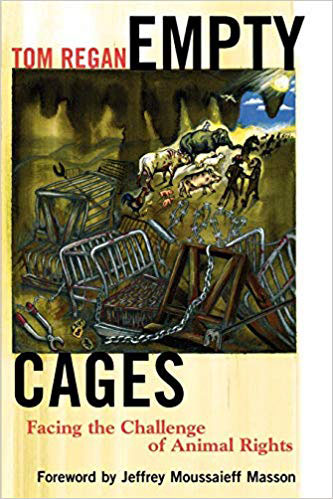 Empty Cages
Empty Cages The Animal Rights Debate
The Animal Rights Debate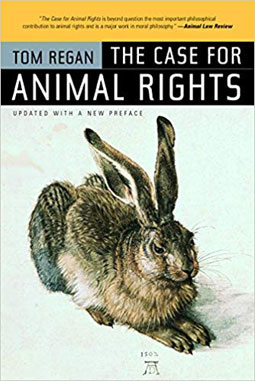 The Case for Animal Rights
The Case for Animal Rights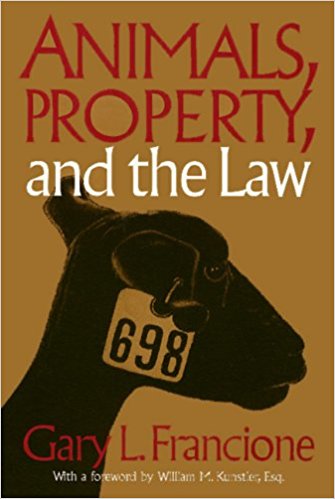 Animals, Property, and the Law
Animals, Property, and the Law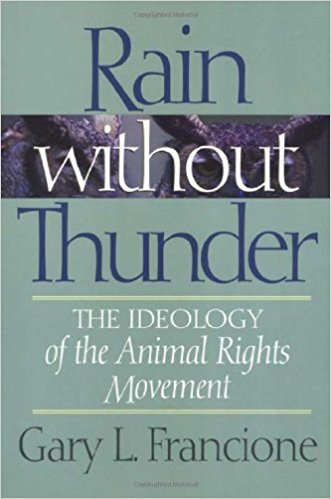 Rain Without Thunder
Rain Without Thunder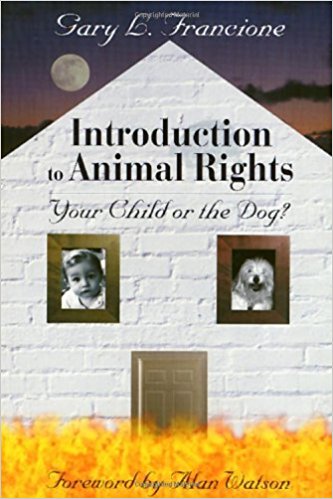 Introduction to Animal Rights
Introduction to Animal Rights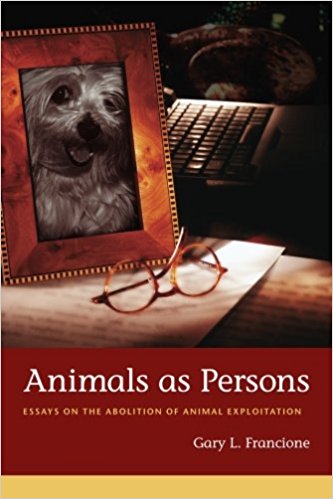 Animals as Persons
Animals as Persons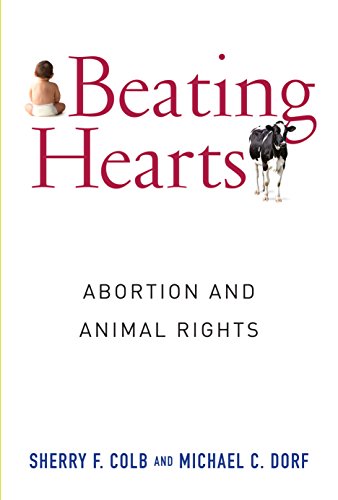 Beating Hearts
Beating Hearts